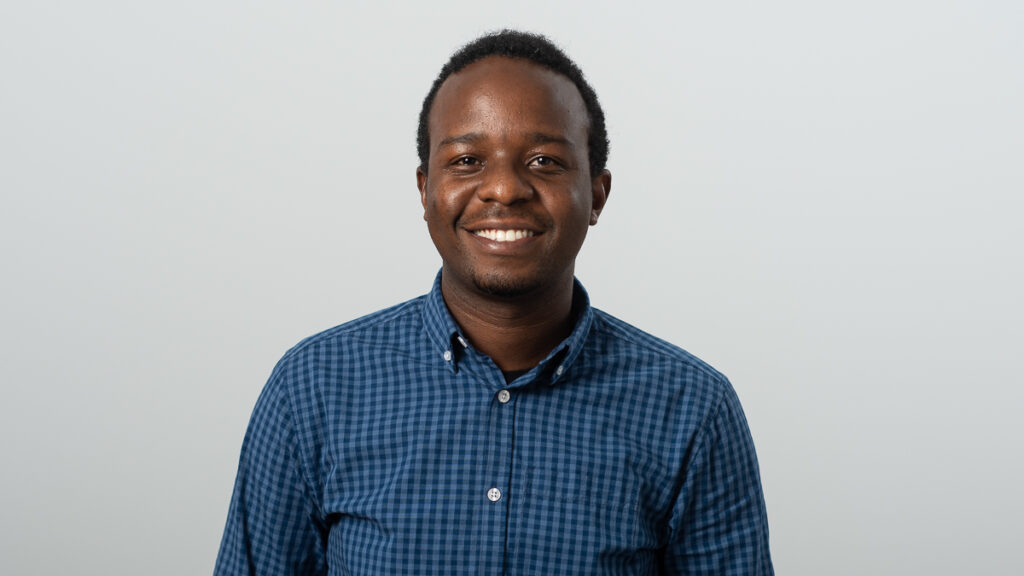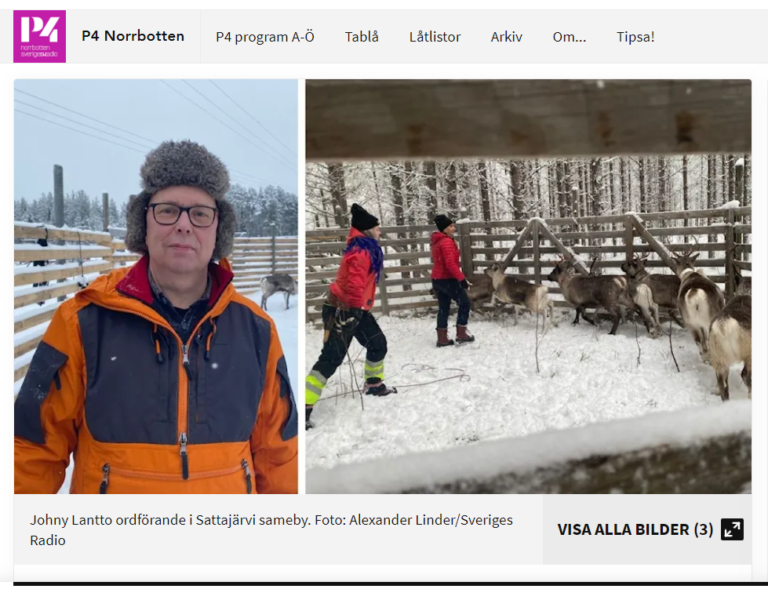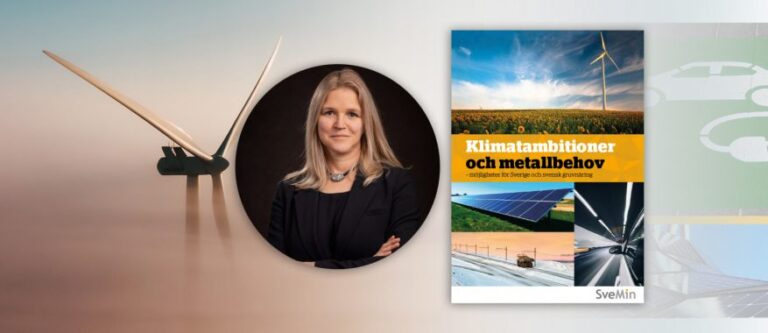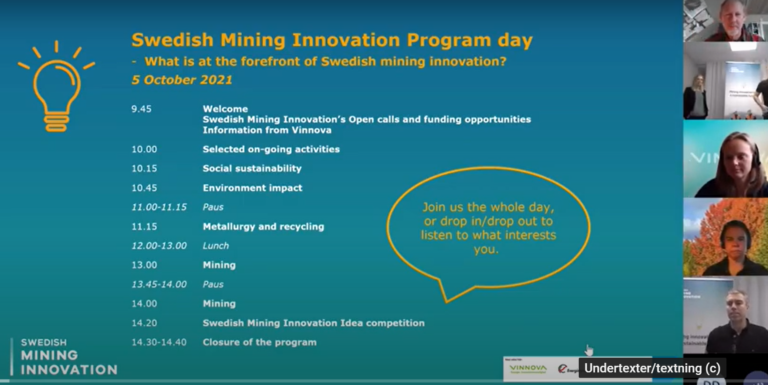A few weeks ago Vitalis Chipakwe took his licentiate degree with his thesis ”Comparative Study of Chemical Additives Effects on Dry Grinding Performance”. Vitalis is a member of Swedish Mining Innovation’s PhD student network. We took the opportunity to ask him some questions about his licentiate and the future.
Hi Vitalis and congratulations! How does it feel to be done?
Hello! Thank you. It’s quite gratifying and at the same time brings a feeling of excitement and curiosity about the next challenge.
You have chosen to become an expert, how come you chose this area?
I would probably say the area of mining and mineral process has always been my passion from my first and second cycle studies together with my professional experience as a Mineral processing engineer. The further evidence that the development of any society depends on the development/advancement of materials which we mainly source from mining activities adds to the passion. For example, the topical green transition from fossils to renewable energy systems is heavily dependent on mining and mineral processing due to its material-intensive nature. As such I believe mineral processing has an integral role to play in the success of this transition which I want to be part of.
What are the main results of your dissertation, and how can they be used?
In my licentiate dissertation, I present the findings from the application of natural polymers – a greener option (opposed to synthetic polymers) and grinding additives to improve grinding performance and reduce the energy consumption within size reduction units in mineral processing. Considering that within mineral processing the use of water and energy is key to addressing sustainability issues and the realisation of the sustainable development goals (SDGs). My work presents an alternative that offers improved energy efficiency and reduction/elimination of water in grinding circuits. Findings from the work show that these chemical additives can improve grinding efficiency in dry grinding offering an efficient process to complement existing efforts in dry processing.
How will you continue to work towards your doctoral dissertation?
Further to the initial scope of my work on promoting dry grinding to complement dry processing, I plan to investigate the effect of these additives in wet grinding which is the current dominant process. Further, a holistic approach is required considering that grinding is mostly followed by downstream separation processes. I plan to address the challenges and concerns on the application of these additives on downstream separation processes.
What has been most exciting so far?
Besides the main highlight of obtaining the licentiate degree, I think the dynamics and unique challenges in this doctoral study make the journey itself exciting.
You are a member of the Swedish Mining Innovations PhD student network, what do you see as the benefits of being part of the network?
Swedish Mining Innovation PhD student network provides a good platform for interaction with fellow PhD students from different disciplines which helps in developing informed views on the role and impact of mining activities given the growing importance of social and environmental impacts of mining activities. It’s also a great platform for networking with other PhD students and other stakeholders such as potential employers.
Thank’s Vitalis, and the best of luck to you!
Read more
Swedish Mining Innovation Phd student network







